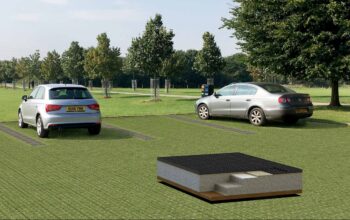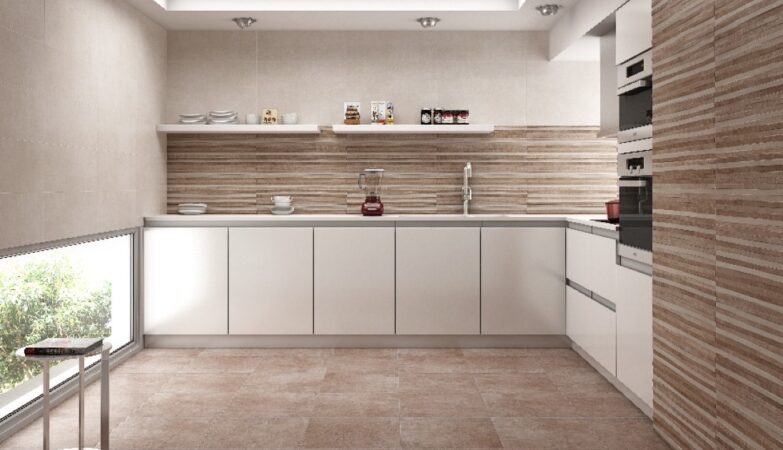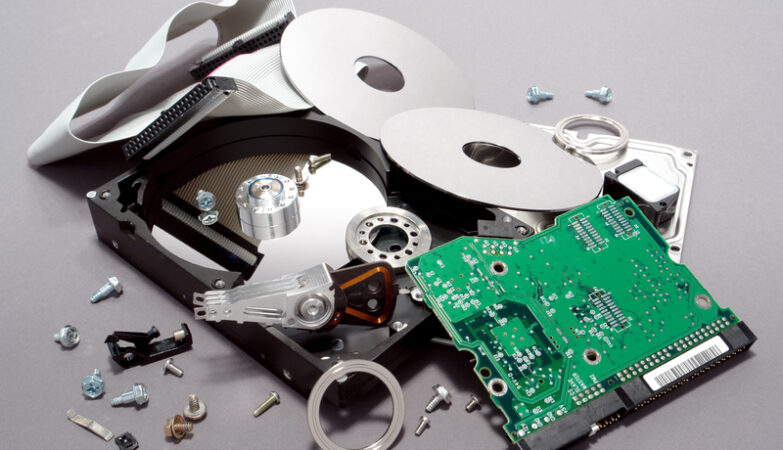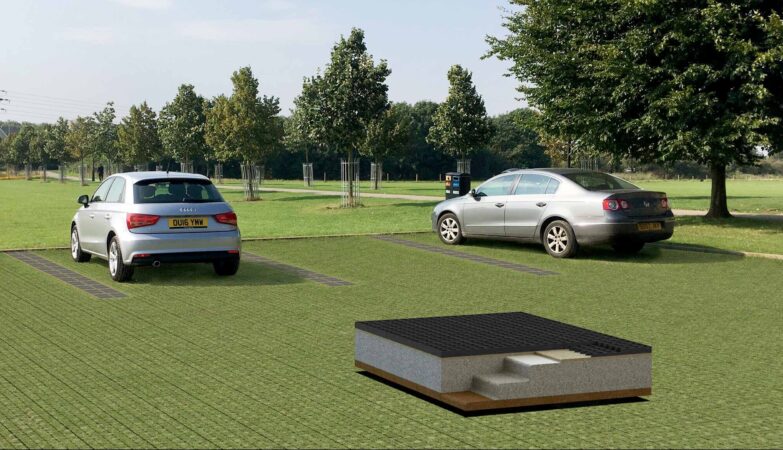Solar panels are a great way to save money on electricity. But they’re also a large investment. The average cost of solar panel systems can vary widely, depending on the size of the system and where you live.
Thankfully, you can use a few strategies to lower your average cost of solar panels. Using these strategies, you can reduce your upfront costs and start seeing a return on your investment in no time.
Invest in High-Quality Panels
The quality of your solar panels is a key factor in your system’s overall performance and cost-effectiveness. A high-quality panel will last long and offer better energy efficiency than less efficient alternatives. The wattage of the panel is also an important consideration. The higher the wattage, the more electricity the panel will produce. Choosing the correct wattage will ensure that you’ll be able to meet your generation goals while staying within your budget. You want to find a solar panel with a rated output of 250 watts or more. This will help you maximize your solar energy production and reduce your costs, especially if you live in an area with lots of sunlight exposure throughout the year.
Look for Incentives
Many incentives are available to homeowners to help lower the average cost of solar panels. These include tax credits, rebates and performance-based incentives. The federal investment tax credit (ITC), which reduces the amount of money you owe on your taxes, is one of the most popular incentives. This program has been around since 2005, offering 30% of your total installation cost as a tax credit. State tax incentives are also available to residents but vary greatly from state to state.
Invest in a Good Roof
A roof is one of the most critical parts of your home for some reasons. It provides protection from the elements, keeps your house warm, and can increase its resale value. Old roofs can lose a lot of heating and cooling energy through leaks or air gaps. Getting a new roof with good insulation can help prevent these losses and put money back into your pockets. A new roof can pay for itself in less than eight years. However, choosing the right type of roof for your property is essential and ensuring a warranty backs it.
Look for a Reputable Company
When it comes to solar panels, you want a company that will provide a good product and honest service. You also want to ensure they are willing and able to answer any questions you may have. You should find out how much the company has invested in its employees and their equipment and how long they have been in business. You should also see that they offer warranties and guarantees on their products. Considering installing a solar panel system in your home, consider your current energy costs. This will give you an idea of how much you could save with solar panels.
Look for a Good Financing Option
A good loan provider can make all the difference in financing. It’s essential to find one that offers competitive rates and loan terms, ensuring homeowners get the most out of their solar panels. When comparing loans, it’s also important to look for ones that offer a variety of loan types and options. These may include cash-out refinancing, home equity lines of credit (HELOCs), and personal loans. There are several other solar panel financing options, including leasing and renting. These can lower a homeowner’s monthly energy bill and allow them to benefit from tax incentives and rebates, but they do not come with the same benefits as owning solar panels outright.
Install a Smart Home Automation System
Home Automation is a technology that allows you to control your home’s devices from a computer, tablet or smartphone. It can reduce energy bills, make your life more convenient and provide increased home security.
Smart devices learn your habits and routines over time to perform tasks to save you money automatically. For example, lights turn on when you arrive home and off when you leave for work; a thermostat will adjust to your schedule and set the room’s temperature; or a door sensor will change from closed to open when it senses movement in your home. A smart home is a network of connected appliances, lights, and sensors controlled by one centralized system. These systems can also integrate with solar panels to increase efficiency and save you money in the long run.
Look for a Good Insurance Policy
Adding solar panels to your home can be an excellent way to lower your electric bill. But it’s also important to ensure your panels are adequately insured in case of an accident or disaster. Insurance policies typically cover all perils, including wind, hail, lightning, fire, etc. However, some insurance policies exclude solar panels installed in areas prone to severe storms. You must talk to your agent about solar coverage if you have a homeowners policy. They can help you determine how much your policy should cover and make any necessary adjustments to your coverage.










